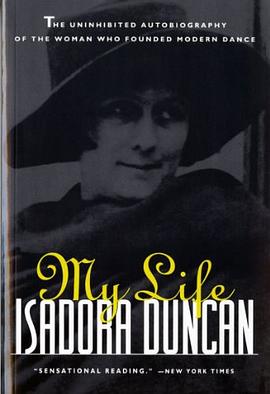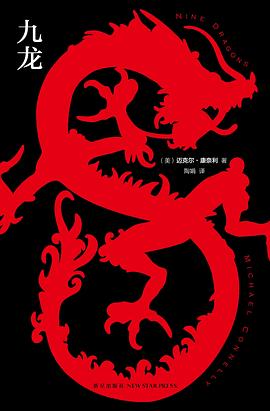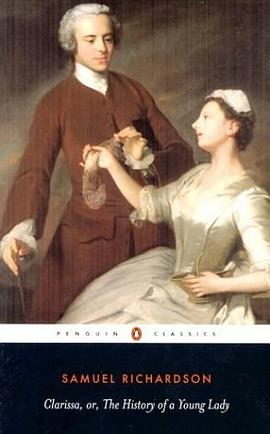内容简介
Fabulous is the only adjective that comes close to doing justice to Isadora Duncan (1878-1927). Her awesomely self-assured autobiography depicts a woman who while still in her teens tells an eminent theatrical manager (from whom she desperately needs a job), "I have discovered the art that has been lost for two thousand years.... I bring you the dance." In Duncan's rendering of her life, composers fling themselves at the piano and compose new music for her on the spot. Men pine for her love (the book's sexual frankness, while hardly startling today, was considered quite scandalous in 1927). And the poor mortals who can never understand her need to be free can at least applaud wildly at her concerts. Duncan and her siblings sleep in a bare Parisian attic, then dance barefoot through the Luxembourg Gardens. They travel to Greece to worship "in the Sacred Land of Hellas," where they build their very own temple. Duncan is capable of seeing the humor in her rhapsodic immersion in art, but we don't really want her to be realistic and self-deprecating like ordinary mortals. It's her divine passion, her supreme confidence in her own genius that make My Life such fun to read. --Wendy Smith
......(更多)
作者简介
伊莎多拉·邓肯 美国著名舞蹈家,现代舞蹈的创始人,把解释性舞蹈提高到创造性艺术地位的先驱之一,在表现生活艺术的舞台上,邓肯以奔放的情爱和强烈的母爱来表现其独特的艺术风貌。
......(更多)
目录
......(更多)
读书文摘
......(更多)






